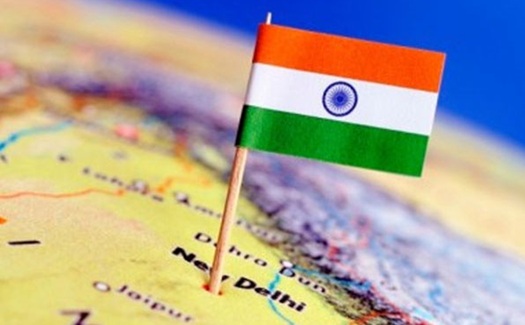| (Mains, General Studies Paper- 2: Impact of Policies and Politics of Developed and Developing Countries on India’s Interests; Overseas Indians) |
Context
India’s recent participation in the Shanghai Cooperation Organisation (SCO) summit along with talks with China and Russia has triggered a debate on whether India is recalibrating its foreign policy amid changing global dynamics.

Implications of the SCO Summit
- The SCO summit focused on regional security, connectivity and counter-terrorism.
- India reiterated its stand against cross-border terrorism and called for respect for sovereignty in connectivity projects.
- This was an implicit criticism of China’s Belt and Road Initiative.
- The Shanghai Cooperation Organisation (SCO) declaration criticised ‘coercive, unilateral’ economic measures that were indirectly targeting US tariffs and European sanctions.
- The summit gave India an opportunity to engage multilaterally with Eurasian powers but it did not yield any concrete results.
Tianjin meeting: China-Russia-India
- A trilateral meeting between India, China and Russia in Tianjin signalled a cautious re-engagement after years of border tensions and strained relations.
- The dialogue discussed shared concerns over multipolarity, sanctions and global economic disruptions.
- However, India maintained its strategic autonomy and distanced itself from any notion of a bloc alliance.
- Chinese President Xi Jinping has described India and China as 'partners, not rivals' while India appeared to back away from the view that the LAC situation must be normalised before resuming ties in other areas.
- During this, India and China agreed to discuss the border situation between special representatives, Chinese Foreign Minister Wang Yi and National Security Advisor Ajit Doval.
- Apart from resumption of flights, visa facilitation and Kailash Mansarovar Yatra, they also agreed to resolve trade issues between themselves.
Impact of US measures and India's response
- The US has tightened tariffs and sanctions targeting China and Russia, which is indirectly affecting India.
- India seems to be balancing in the following ways:
- Maintaining strong relations with the US through Quad and defense deals
- Keeping communication channels open with Russia and China to avoid over-dependence
- This indicates flexible diplomacy rather than a clear move away from the West.
- Prime Minister Modi emphasized India's commitment to 'strategic autonomy and multipolarity'.
- India's emphasis at this summit was on issue-based engagement rather than factional politics.
- The leaders of Russia and China called for strong cooperation against Western-led sanctions and protectionism.
Conclusion
Currently, India's foreign policy is showing signs of pragmatic balancing rather than change. The SCO Summit and the Tianjin Trilateral Dialogue reflect efforts to maintain regional stability while dealing with US-led economic pressures. India's strategy remains multi-layered and seeks to maximize options in an uncertain global order.
|
Also know this!
- The Shanghai Cooperation Organization is a permanent intergovernmental international organization.
- It was established on June 15, 2001 in Shanghai by the Republic of Kazakhstan, the People's Republic of China, the Kyrgyz Republic, the Russian Federation, the Republic of Tajikistan and the Republic of Uzbekistan.
- Its predecessor organization was called the 'Shanghai Five'.
- The Charter of the Shanghai Cooperation Organization was signed at the meeting of the Council of Heads of State in St. Petersburg in the year 2002, which came into force on September 19, 2003.
- The charter sets out the organization's goals, principles, structure and main areas of activity.
- The organization was expanded to include India and Pakistan in 2017, Iran in 2023 and Belarus in 2024, bringing the total number of member countries to ten.
- The SCO also includes two observer countries Mongolia and Afghanistan and 14 dialogue partners.
- It is the world's largest regional organization in terms of geography and population, covering about 80% of the Eurasian landmass and 40% of the world's population.
- As of 2021, the group contributed 20% of global GDP.
- After the integration of Iran, the SCO now controls 20% of the world's oil reserves and 44% of natural gas.
|



